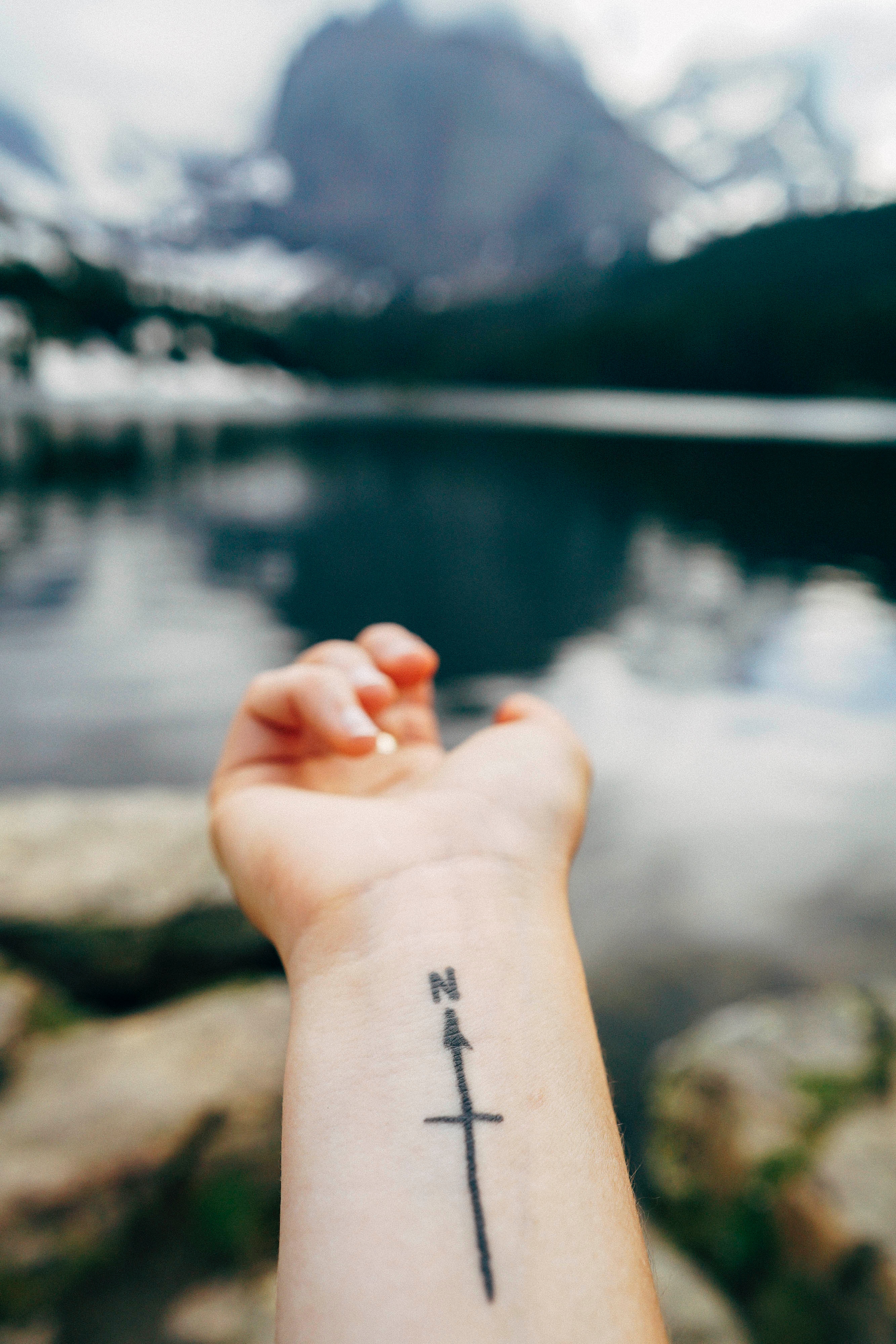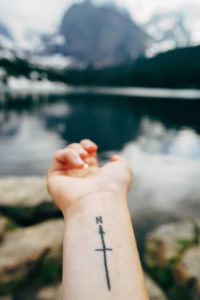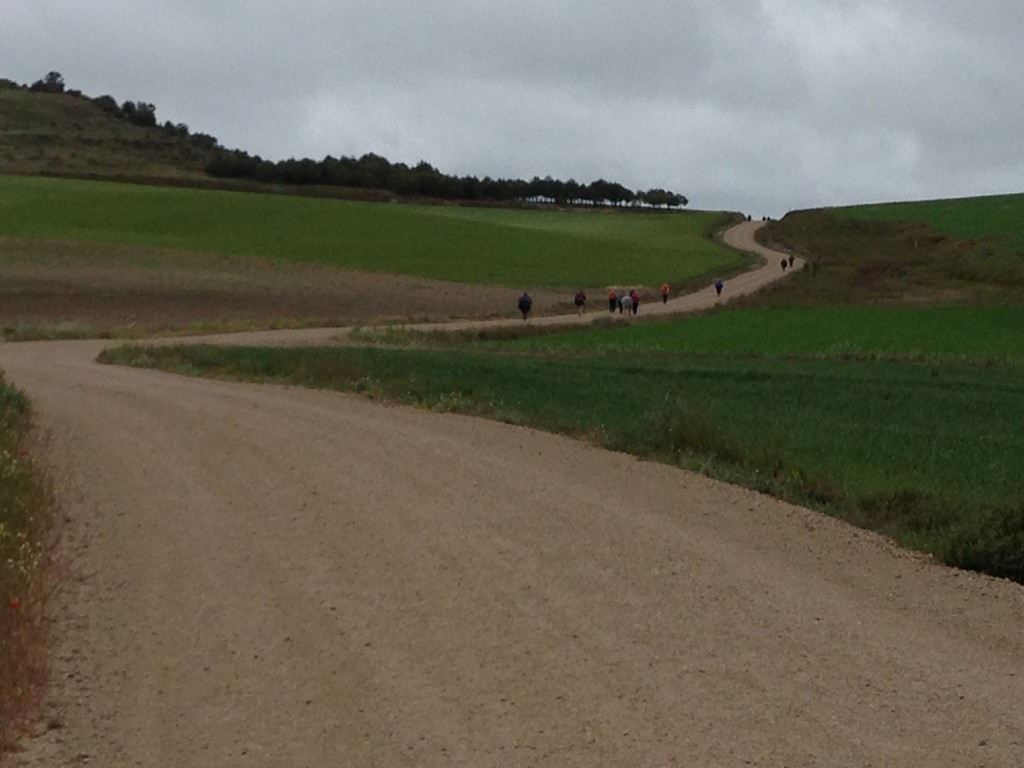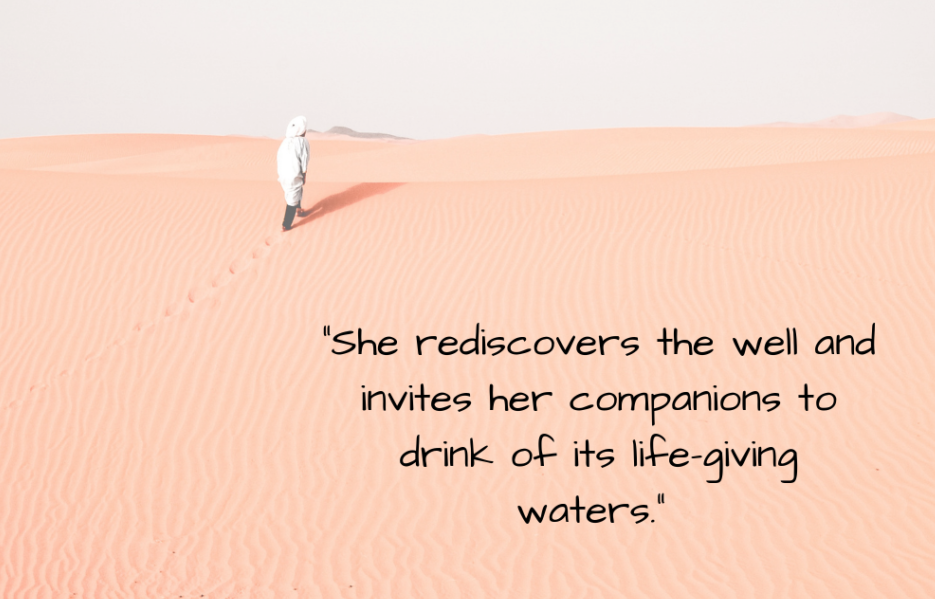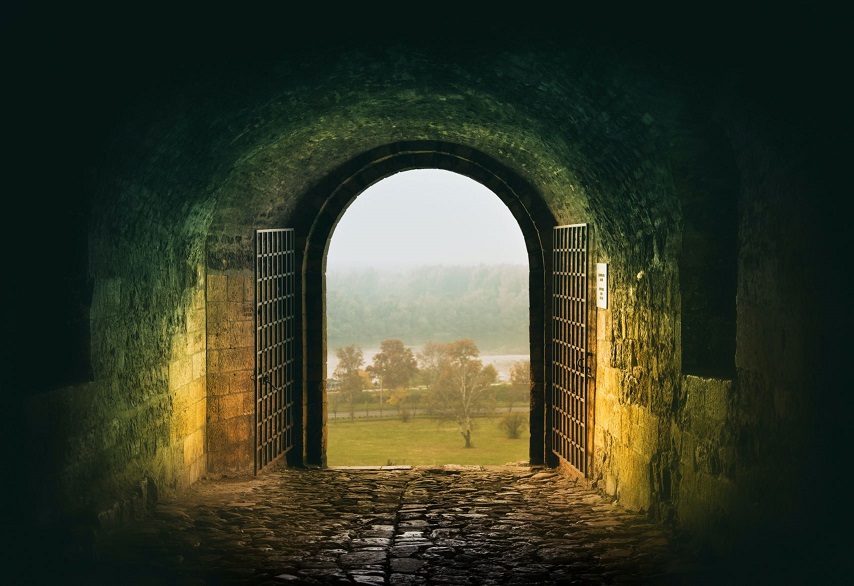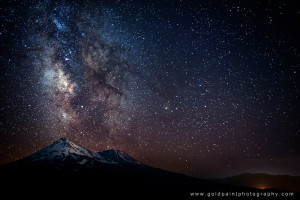Have you ever tried really hard to believe something that you knew in your heart wasn’t true? I’ve been trying to make myself believe a very important untrue thing for most of my life. I didn’t know I was doing it. I just felt wonky and off, a feeling I ignored for decades. I felt unaligned, and I thought all I needed to do was try harder to believe this thing that, deep down inside, I knew was untrue. Everyone around me believed it, or at least they said they did, so it must be true.
I thought the fault was in me, not the untrue thing.
I’ve known since I was a little girl that much of what I was hearing about God from church and family and culture just wasn’t true. Experience upon experience upon experience didn’t line up with what the people around me said about “God.” I thought that the remedy was to discount my experience of holiness, and cut off the parts of me that didn’t fit into the “God” box.
I’ve had this backwards all along. I want so passionately to articulate the importance of this shift that I’m struggling to find the words. Your experience of the sacred is the starting point for the stories and myths and theologies, the symbols and metaphors, that attempt to contain the sacred. If your heart-felt experiences of “God” don’t fit the theology your head is striving to believe, it’s the theology that’s wrong, not your experiences.
Sisters, we will never fit into the myth of monotheism—one God for everyone, invented by Abraham thousands of years ago, the source of so much suffering in the world today. We will never find a home for ourselves in worship of a disembodied, unearthly, solitary Father God. We will never be lovable and whole in a theology constructed to shelter a male, celibate, lone ranger lawgiver and arbiter of holiness. Men have a hard enough time, but women? Women will never measure up. (I imagine that queer folk struggle even more.)
If “God” is ethereal, heavenly, and orderly, what do I do with my embodied, earthy, messy experiences of Holiness? What do I do with sacred dreams, making love and birthing babies, deep grief and soaring joy?
We swim in monotheism like fish in water. We don’t even notice it anymore, it’s such an assumed fabric of our lives. I see now that even as I scrape off and root out the patriarchal Father “God” from my being, I’ve been subconsciously searching for another monotheistic “God” to take His place. I’ve been disbelieving in that “God,” not understanding that I have gotten the cart before the horse. I’ve been searching for a pre-existing myth into which I can fit.
What I need to be doing is to make my experiences, beliefs, and values primary before finding, or creating, a myth that fits ME.
I cannot overstate the importance of this shift.
The three pillars of my mending ministry (aka “coaching”) are remembering who you are, reclaiming your authority, and recommitting to your priorities.
To reclaim my authority, I now see, means to honor my experiences of holiness. I am NOT limited to what others have already created. I must take seriously the values and beliefs that grow out of my experience – of embodiment as an Earthling, of friendship, of love and sex and marriage and motherhood and aging, of words and images, and more – and weave them into a theological garment that fits ME.
I can give up this exhausting search through the already-created for an existing temple I can tolerate. I can create a structure into which I fit as a flesh and blood woman on this beautiful earth. I can build a shelter for myself and maybe for you, too.
Any theology you now inhabit was made up by someone. Just because you were raised in it and four billion people believe it doesn’t make it true.
There really is nowhere to land but in your own holy heart.
All the goodness and wisdom you need is within you. When you go into your heart deeply enough, you’ll find that you’re connected to all the other hearts in the universe.
If you’ve been cutting off parts of yourself to fit into the patriarchal monotheistic myth, these steps could be the beginning of reclaiming your authority.
1. Make a list of your holy experiences. Remember that our English word “holy” shares a root with “healthy,” “healing,” and “whole.” When, where, how, and with whom do you feel or have you felt whole, healed, and holy? In what do you experience holiness?
My list of objects, moments, and memories is quite long. Here are a few, in no particular order: Pregnancy, childbirth, and nursing babies. Sitting on a rock with my feet in a river. Swimming in high mountain lakes. Standing in front of Vincent Van Gogh’s “Starry Night.” The companionship of cats, dogs, and horses. El Hospital del Alma in Castrojeriz, Spain, and my Camino vision of the deep heart. Hikes with Jed. Listening to wind in Ponderosa Pines. Mary Oliver’s poetry. Going to church with my grandparents. Water fresh from a spring. Granite and sandstone. Dippers. The night sky.
What’s on your list? Please take five minutes to start one.
2. Honor your experiences as holy. Ritualize the quotidian, everyday items and events. Reverence your holy moments. Remember your holy experiences deliberately, with intention. Pick a few items on your list, and find or make symbols of them for your altar.
4. When it feels right to you, begin to play with myths, spiritualities, theologies, symbols, and metaphors that contain your experiences of “God.” Let yourself roam in the wild unknown. There are no rules.
If you feel like you need a starting point, here are a few ideas. Perhaps Celtic spirituality, the pre-Roman Catholic version, works for you. Maybe Goddess spirituality is your jam. Maybe it’s Wicca. Maybe it’s even progressive Christianity. Or a little of this and a little of that to begin with. Since those are already invented, maybe your call is to invent something completely new, and invite us to join you. I don’t know. Only you know. If you do explore an existing theological structure, pay attention to how it feels in your body. Ask yourself if it feels true enough to contain your experiences of the holy.
As for me, I’m going to dwell in this wild openness for as long as it takes, which may be a lifetime. These roots go deep. It will take time, attention, and perseverance to disentangle myself from Father God’s possessive grasp.
No authority is higher than your own holy heart. Trust your good, strong, wise heart. Follow its yearnings, whether or not they make sense to your head.
Remember who you are. Reclaim your authority. Recommit to your priorities. This is the work. This is the call. This is the journey. This is the dream.
(Dara Molloy’s Reimagining the Divine: A Celtic Spirituality of Experience was a rich source of inspiration for this post.)
PS. If you enjoyed this heresy, you can subscribe to my weekly-ish newsletter for up-to-date heresy and coaching offerings. Thanks!
Image credit: Natalie Rhea Riggs on Unsplash

